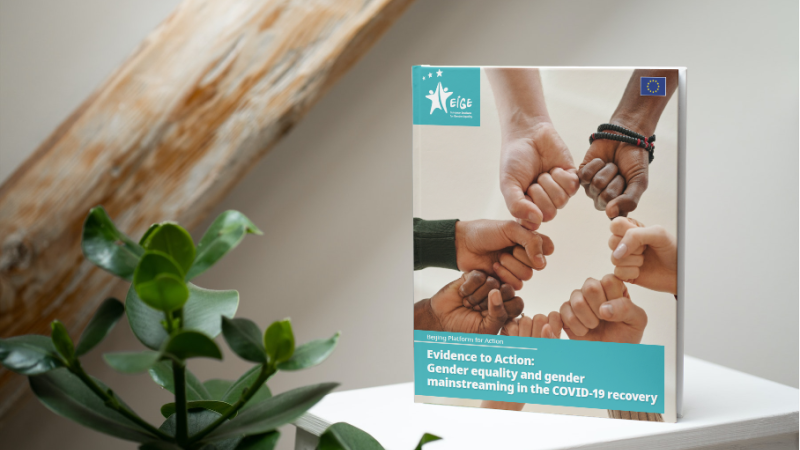We are proud to announce the successful completion of two pivotal projects in collaboration with the European Institute for Gender Equality (EIGE) supporting the Gender Equality Index 2023.
The findings of our first study, 'Gender Equality and the European Green Deal’s Socially Fair Transition,' are featured in the thematic focus chapter of EIGE’s 2023 Gender Equality Index report. This study aimed to enhance the understanding of the gender and intersectional implications of the green transition. Alongside the broader trends, it focuses on two key green transition areas: energy and transport. Across these areas, the key focus areas are gender and intersecting inequalities in use patterns, labour market and decision-making.
The study also aimed to raise awareness among policymakers of the importance of integrating a gender and intersectional perspective into public policies related to climate change and delivering on the European Green Deal. It highlighted gaps as well as efforts to mainstream gender and intersecting inequalities perspectives into the EU climate action policy agenda, as well as climate change concerns in gender equality policies at EU level. Lastly, the report outlined the possibilities of measuring socially-fair transition under the European Green Deal from a gender and intersectional perspective, including a proposed set of indicators.
In our second project, 'Country Analysis and Supporting Activities for the Gender Equality Index 2023', we produced country profiles to facilitate communication of the Index results to EIGE’s stakeholders. Additionally, we developed a policy brief titled 'A Better Work–Life Balance: Bridging the Gender Care Gap', to offer much needed up-to-date insights into the gendered dynamics of caregiving in the EU.
The results of our country analysis are prominently featured on the country web pages and available as downloadable country profiles on EIGE’s Index web interface. These profiles provide an overview of trends and developments in Index scores, indicators, and related data across the key areas of work, money, knowledge, time, power, health, and violence against women. Aligned with the 2023 Index’s thematic focus, they also highlight data on the gender and intersectional impacts of the EU green transition.
The policy brief draws on EIGE’s first EU-wide Survey of Gender Gaps in Unpaid Care, Individual and Social Activities. The brief explores gender and intersecting inequalities in childcare, long-term care, access to formal care services, and the work-life balance of caregivers. The policy recommendations from this brief supported the Spanish presidency of the Council of the EU in drafting Council conclusions in this crucial area.






